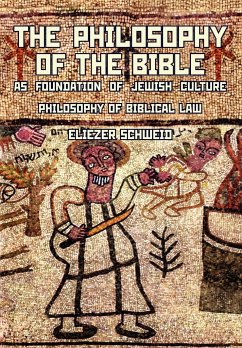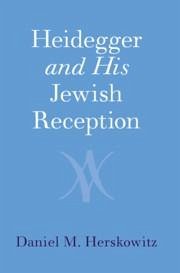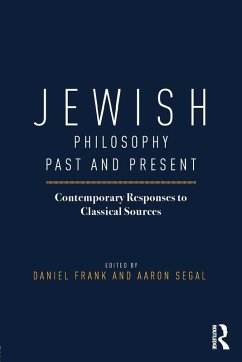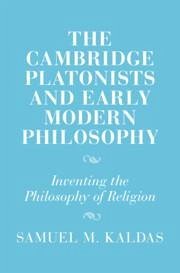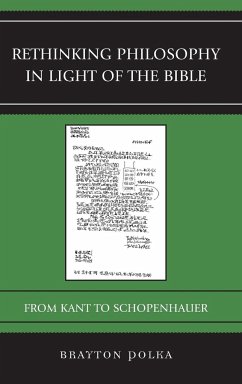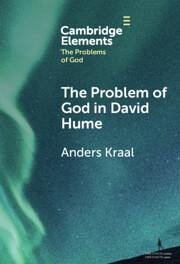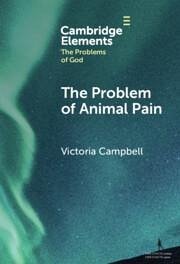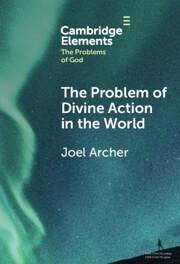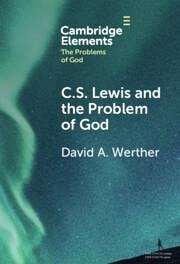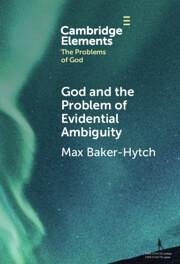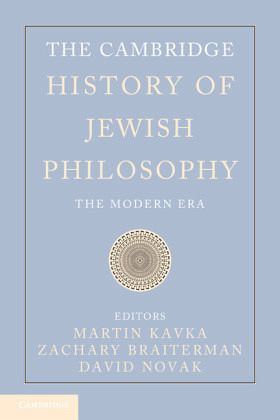
The Cambridge History of Jewish Philosophy
The Modern Era
Ed. by Kavka, Martin; Braiterman, Zachary; Novak, David

PAYBACK Punkte
127 °P sammeln!
The second volume of The Cambridge History of Jewish Philosophy provides a comprehensive overview of Jewish philosophy from the seventeenth century to the present day. Written by a distinguished group of experts in the field, its essays examine how Jewish thinking was modified in its encounter with modern Europe and America and challenge longstanding assumptions about the nature and purpose of modern Jewish philosophy. The volume also treats modern Jewish philosophy's continuities with premodern texts and thinkers, the relationship between philosophy and theology, the ritual and political life...
The second volume of The Cambridge History of Jewish Philosophy provides a comprehensive overview of Jewish philosophy from the seventeenth century to the present day. Written by a distinguished group of experts in the field, its essays examine how Jewish thinking was modified in its encounter with modern Europe and America and challenge longstanding assumptions about the nature and purpose of modern Jewish philosophy. The volume also treats modern Jewish philosophy's continuities with premodern texts and thinkers, the relationship between philosophy and theology, the ritual and political life of the people of Israel and the ways in which classic modern philosophical categories help or hinder Jewish self-articulation. These essays offer readers a multi-faceted understanding of the Jewish philosophical enterprise in the modern period. Provides an overview of Jewish philosophy from the seventeenth century to the present day. Written by a distinguished group of experts, its essays examine how Jewish thinking was modified in its encounter with modern Europe and America and challenge longstanding assumptions about the nature and purpose of modern Jewish philosophy.




